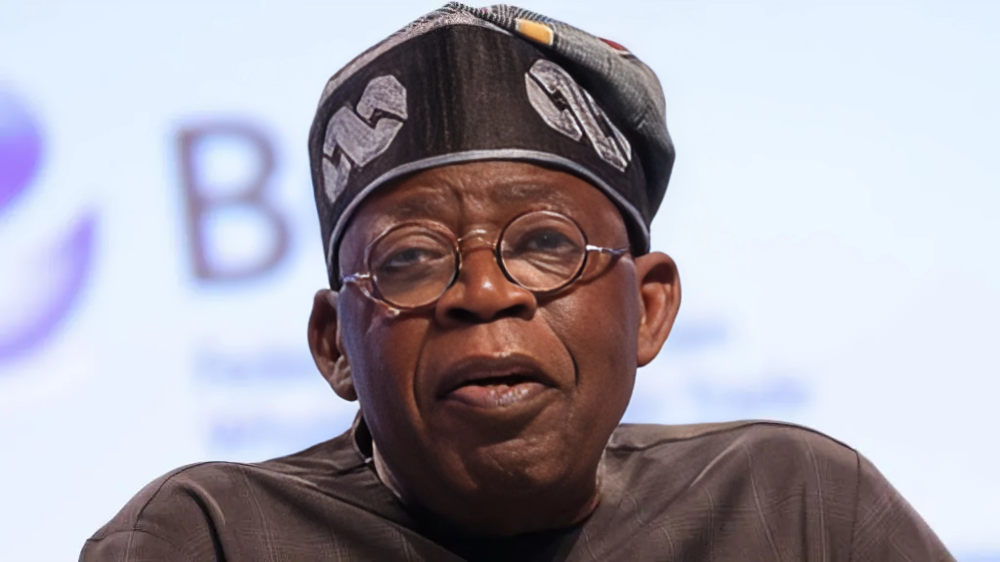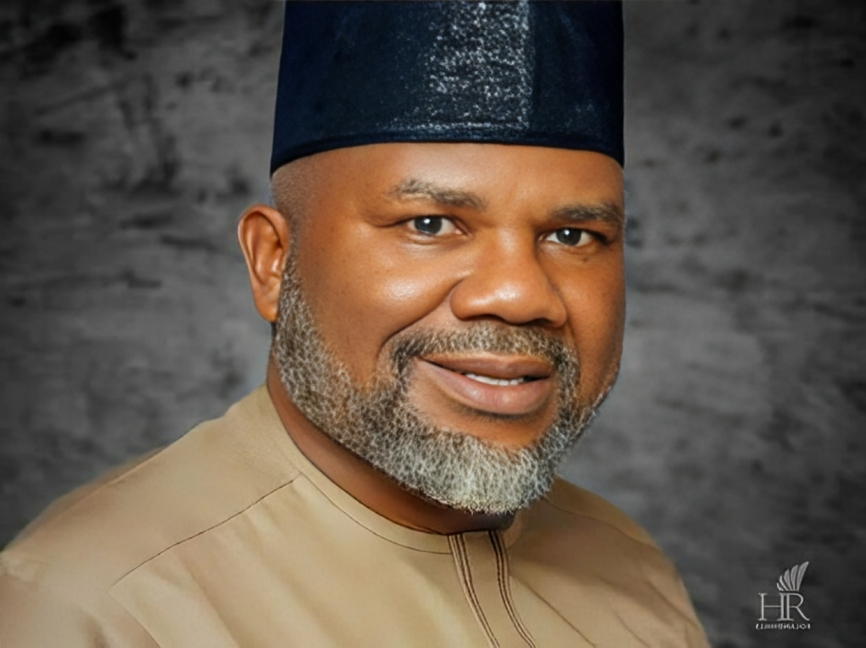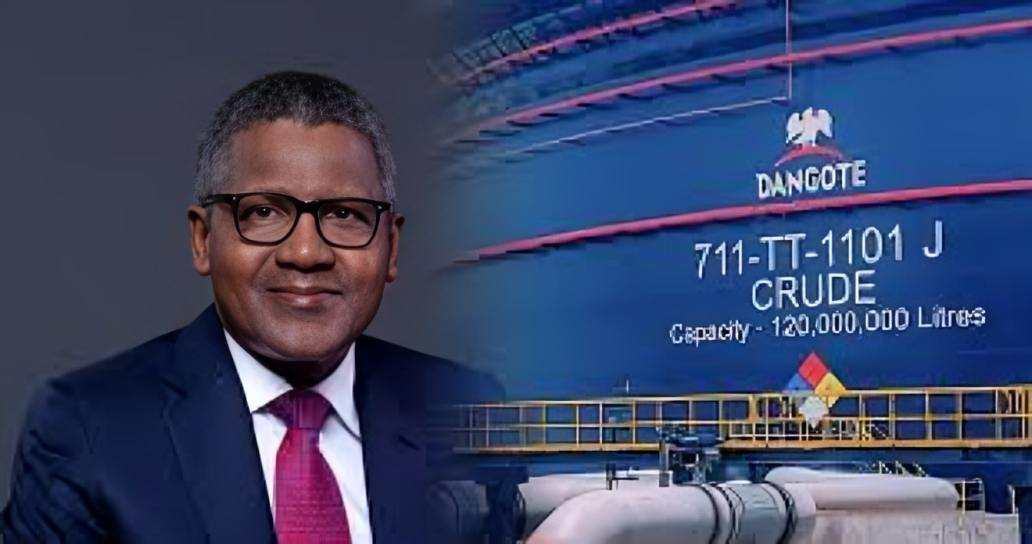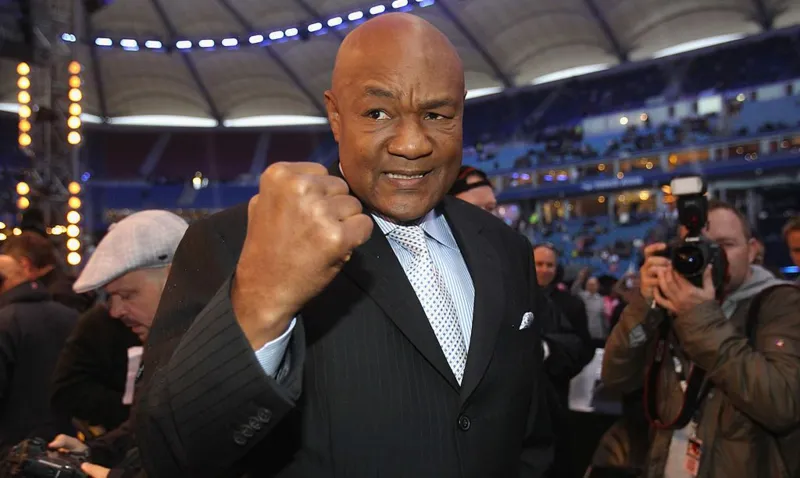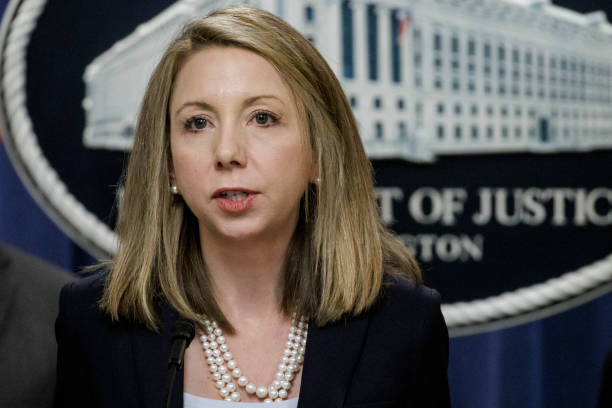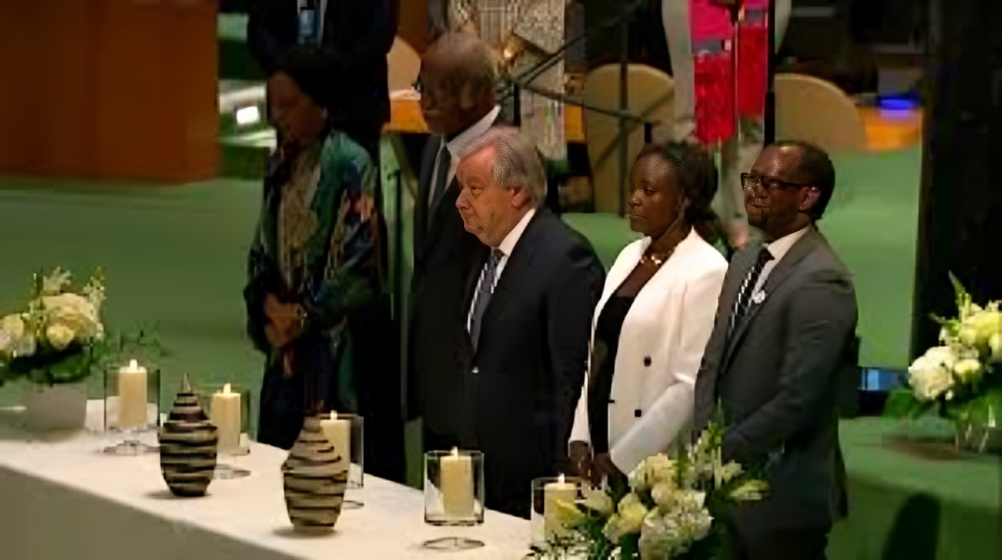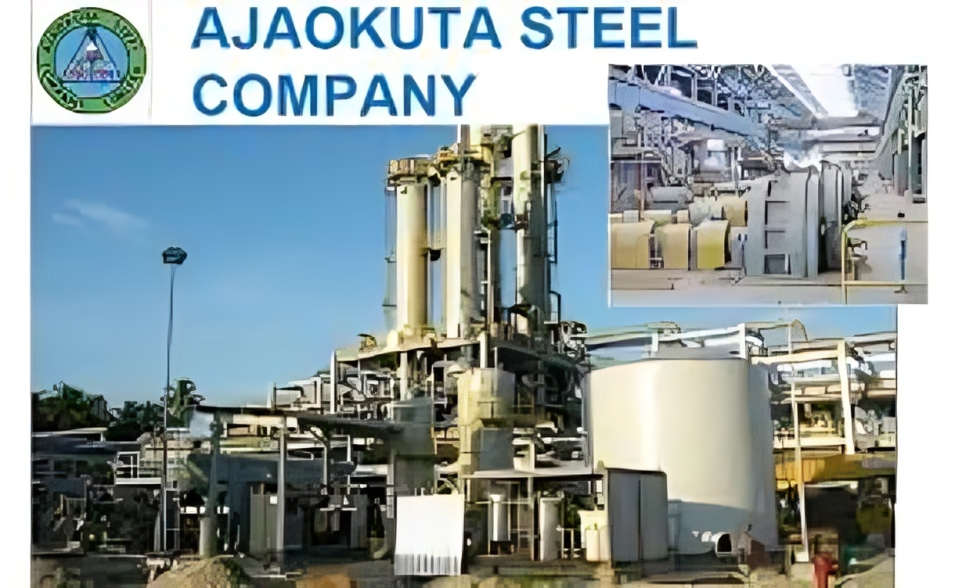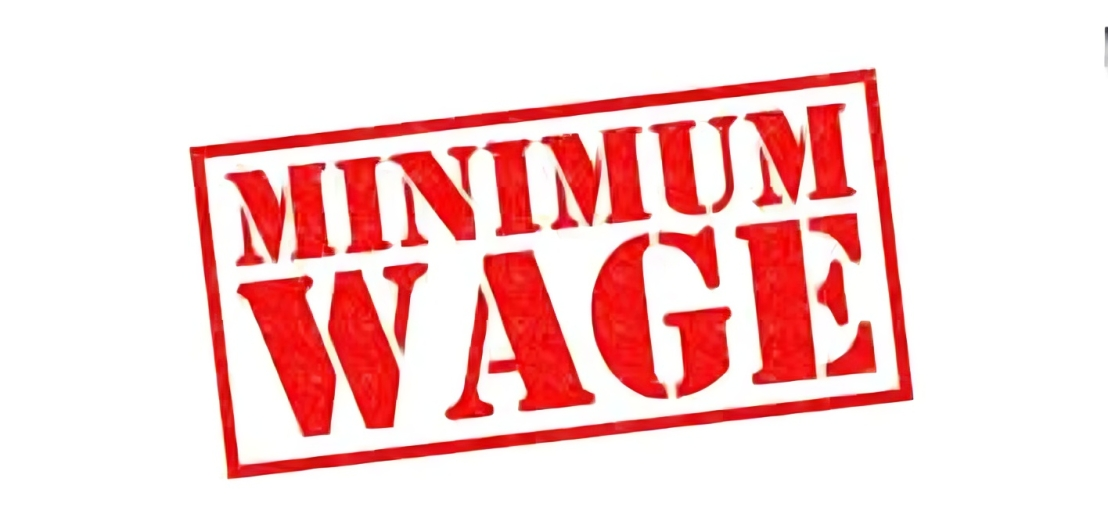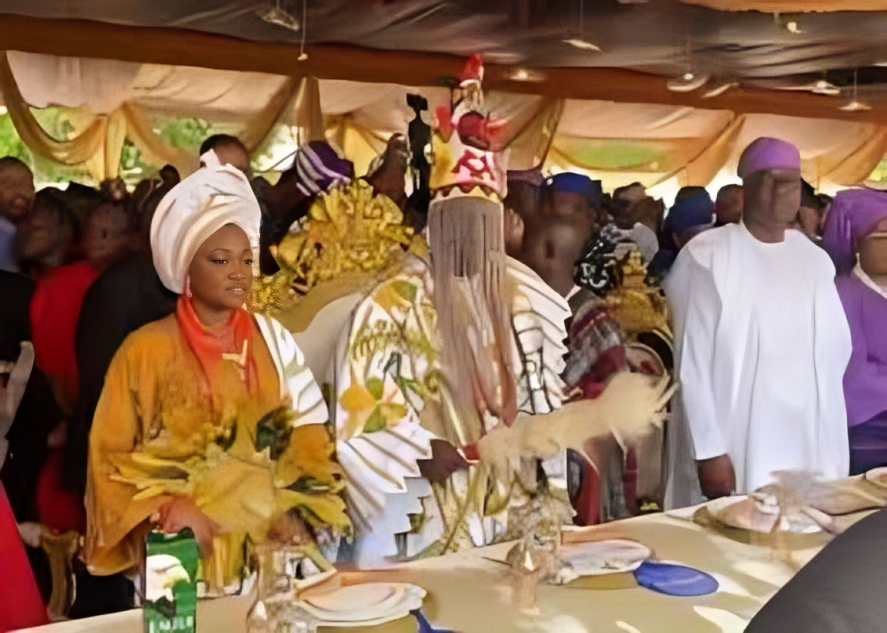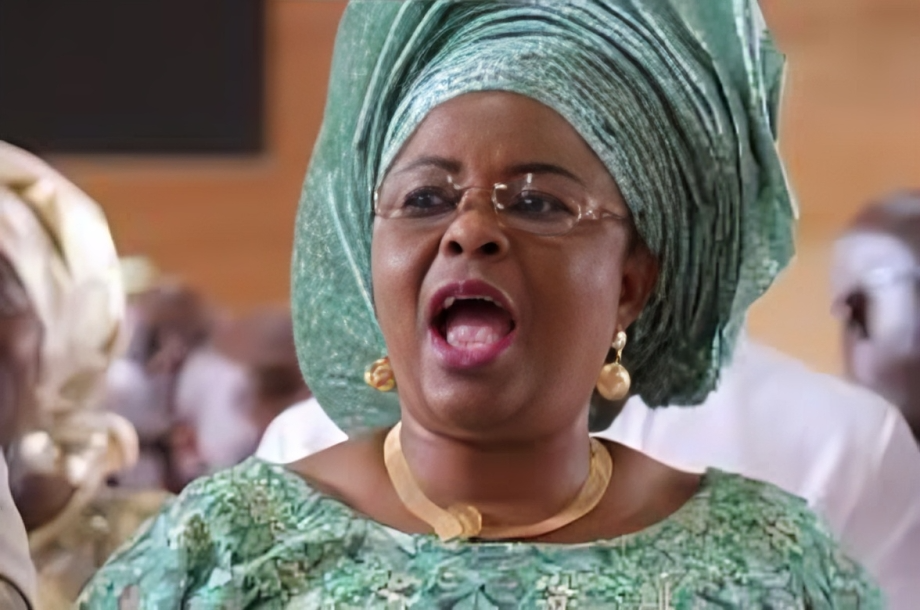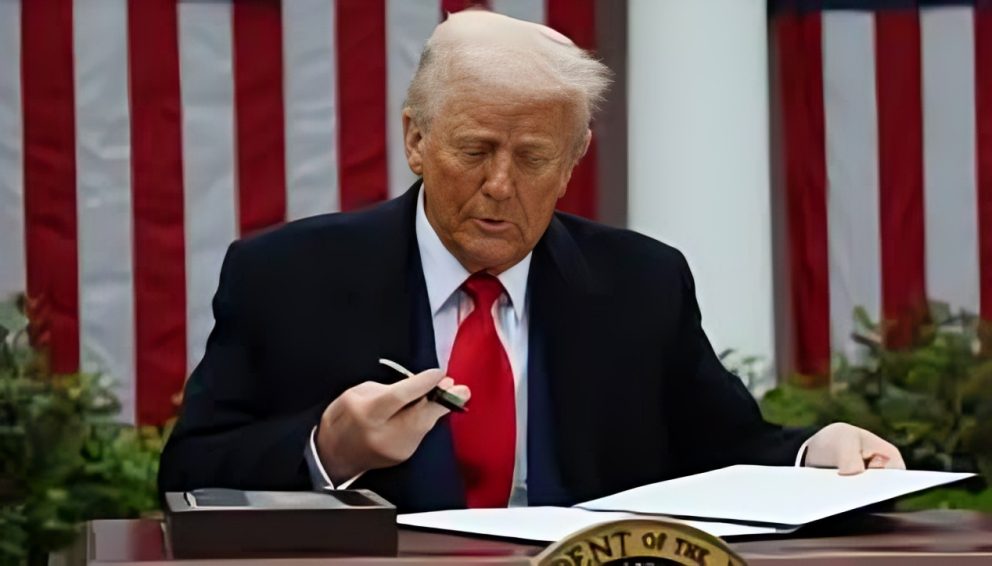Life Style
Politics
World News
Naira-for-crude: FG, Dangote set for talks as refinery imports 12.6m barrels

There are indications that the Federal Government naira-for-crude policy will also continue to hold sway, as the sources that are in the know asked on Monday that all the parties involved in the transaction would reconvene in due course.
The initial six-month deal between the Federal Government, Nigerian National Petroleum Company Limited, and Dangote Petroleum Refinery had lapsed on March 31, 2025.
It has not been renewed, and the Dangote refinery has since stopped refining petroleum products in naira because it has not been able to renew the naira-for-crude agreement.
It was told by a report by S&P Global on Monday that the Dangote refinery has rerefined around 400,000 barrels per day of crude so far in 2025, of which around 35 percent of this supply had consisted of foreign imports.
This amounts to the plant receiving around 140,000 barrels of crude oil daily and 12.6 million barrels within three months.
The government has not ruled out the policy, according to a top government official familiar with the activities of the committee that signed the deal with the government.
The program will persist since now it is clear that the policy has a considerable effect not only on the fuel price but also on other economic indicators. It also had a positive effect on the FX rate."
But the committee holds back for the Nigeria Upstream Petroleum Regulatory Commission to join in so far as the mandate that has been given to it so far that concerns the policy. Then afterwards would come the guidance on the way forward so far as the naira-for-crude policy is concerned," the source, who discussed with one of our correspondents in secrecy because there was no authorization to speak on the matter, explained.
Notice that from October 1, 2024, the government started selling crude to Dangote refinery in naira with a view to boosting supply, saving the country millions of dollars in petrol products imports, and ultimately cutting pump prices of fuel.
NNPC has now gone ahead to reveal that Dangote refinery had received 48 million barrels of crude oil in naira in terms of the deal. It further stated that the total number of barrels of crude delivered to the refinery was 84 million barrels since production at the refinery commenced in 2023.
NNPC's Chief Corporate Communications Officer, Olufemi Soneye, in a statement, noted that the agreement initially was for six months and that negotiations were on to renew the agreement with an eye on securing a new contract.
In doing so, the S&P report further said that the Dangote refinery had taken in its first Brazilian and Equatorial Guinean crude, as a company official said, as a result of uncertain domestic supply that gave it further impetus to diversify its feedstock.
Brazil's Petrobras offloaded the first Brazilian Tupi crude vessel to the refinery on March 26, bringing one million barrels of medium sweet grade, S&P Global Commodities at Sea data indicated.
Equatorial Guinea supplies have not yet been exported, ship tracking indicated, but will soon join the list of increasing crude grades being processed by the plant.
"We now began importing internationally," said one of the refinery executives to S&P Global Commodity Insights. The official went on to add that the company has now gained Brazil and Equatorial Guinea as its international sources of oil.
"Dangote has already brought in about 400,000 b/d of crude oil during 2025, with about 35 percent brought in from overseas," S&P's report cited numbers acquired by the CAS data.
Dangote Group Chairman Aliko Dangote addressed the company last year regarding operating Brazilian crude at the refinery in July 2024 and informed that negotiations were underway with Senegal and Libya concerning potential supply lines.
Nevertheless, as the refinery's leading trading partner and minority owner, NNPC has not had a trouble-free existence; the company can gain new motivations for creating substitute supply connections. Following the refinery's on-stream date, NNPC has consistently short-delivered supplies to Dangote.
Having provided around one-third of some 300,000 b/d of low-cost oil it originally pledged to the refinery, CAS figures indicate, the state-owned oil company reduced its stake in the project from 20 percent to 7.2 percent in July.
It agreed in October to begin selling crude to Dangote in naira under a strategy to deflate Nigerian petrol prices and, for a while, became its sole supplier.
But according to NNPC reports, the NOC had delivered about 280,000 b/d of crude to Dangote in naira up to March 10, falling short of the 385,000 b/d agreed by the parties. The six-month deal technically lapsed on Monday, March 31, 2024.
Therefore, the one Dangote executive that spoke to S&P Global said there was real doubt about a new naira-for-crude deal in its future, quoting, "We are not even sure if it will be renewed or if it will go ahead."
In addition to being problematic to NNPC, he replied that the compulsion to sell Dangote's petroleum products in naira pursuant to the contract became a drag on its operations. To him, the refinery became price-at-the-mercy by basing contract prices on dollar-denominated indices and converting the same into naira at the point of sale.
It is not business-friendly to us," the source said. "When we buy in naira and sell in naira, the forex risk between crude buy and sale of products time may not be fully hedged."
NNPC has booked seven cargoes of crude to deliver around 245,000 b/d to the Dangote refinery in April but has yet to agree on payment terms, trade sources and Nigerian port authorities said.
HURIWA responds
The Human Rights Writers Association has penned a letter to President Bola Tinubu to prevent the cancellation of the naira-for-crude deal between NNPC and local refineries, including the Dangote refinery.
Cancellation of the deal, it said, would lead to a mass and indiscriminate pump price hike of petroleum products, thereby further worsening the misery of millions of Nigerians.
HURIWA urged the president to ask his economic advisers to go back to the negotiation table with the domestic refineries to sign a new deal forthwith in a statement by its national coordinator, Emmanuel Onwubiko, and demanded a humane and benevolent government.
In the atmosphere of the Sallah festivities and in consideration of the public pageantry of pleas to God by the President and other occupants of public offices in the course of the climax to the lenting and fasting days, we implore President Tinubu to order his Coordinating Minister of the Economy and the Minister of Finance to proceed openly and immediately to an understanding to resume the naira-for-crude deal with domestic crude oil refineries like the Dangote Petroleum refinery.
"We make this public call and appeal because any departure from this agreement would impose bitter sacrifices and the great suffering of poverty on millions of the already afflicted, distressed, and multidimensionally poor families," the statement went on.
Onwubiko noted the economic implication of not renewing the deal, further stating that the majority of small and medium-scale enterprises running petrol generators will need to be closed down, and private sector workers will have their appointments cancelled.
He further spoke of the impact of the agreement on 133 multi-dimensionally poor Nigerians, noting that the World Bank had shown that tens of millions of additional Nigerians had been pushed into poverty as a consequence of rising cost of living.
The delegation called upon Tinubu's government not to ignore "the widening vistas of mass poverty that any further increase in the pump price of petrol would bring to millions of Nigerians already overextended households."


